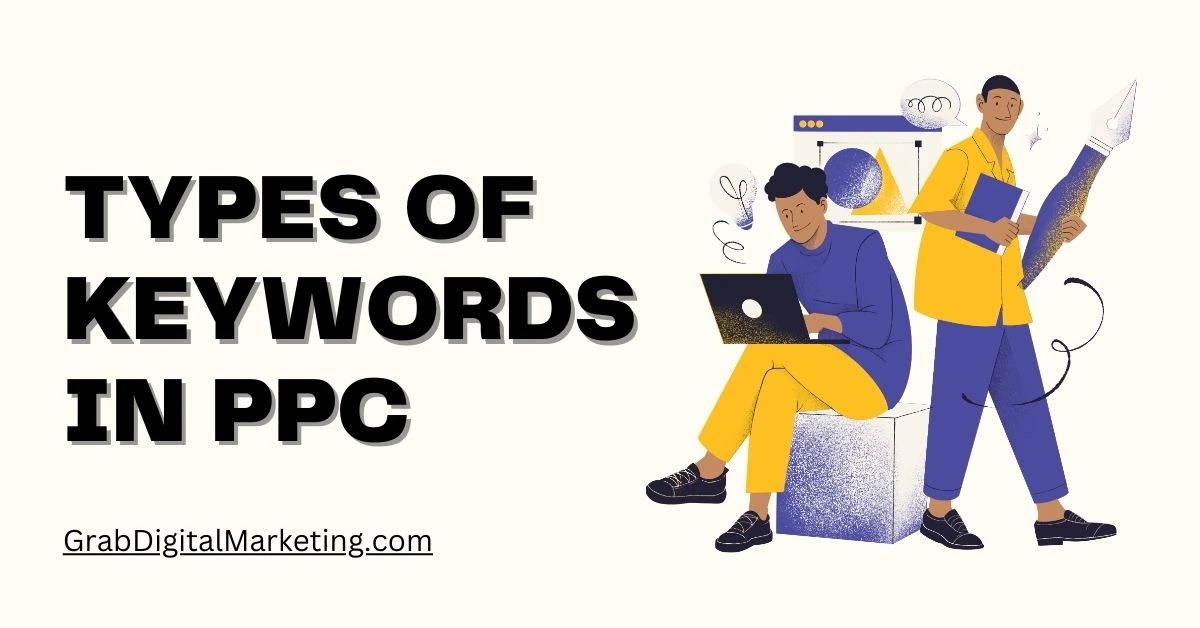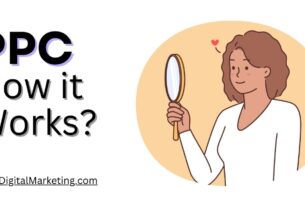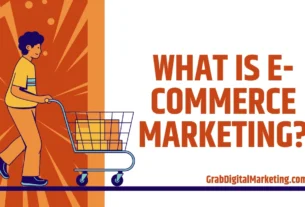Table of Contents
Pay-per-click (PPC) advertising is a powerful tool for businesses to reach their target audiences and drive traffic to their websites. One key element of a successful PPC campaign is the selection and management of keywords. Keywords are the terms or phrases that users enter into search engines when looking for information, products, or services. By bidding on the right keywords, advertisers can ensure that their ads are displayed to the right audience at the right time. In this article, we’ll explore the different types of keywords in PPC and how they can be effectively used in a campaign.
1. Broad Match Keywords
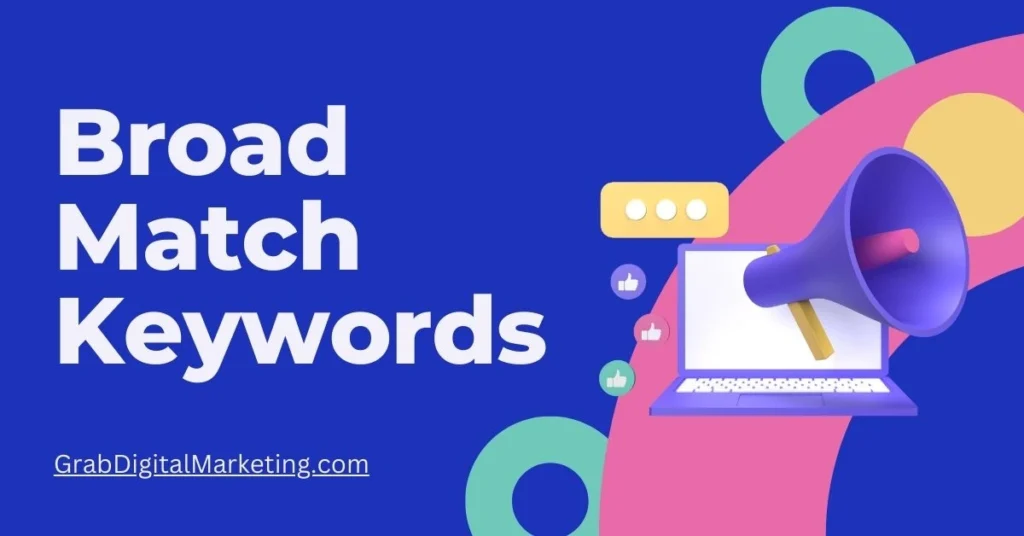
Broad match keywords are the default match type in most PPC advertising platforms, including Google Ads. When you use broad-match keywords, your ads can appear for searches that include variations, synonyms, and related searches of your chosen keywords. This match type offers the widest reach but can also lead to less precise targeting.
Advantages:
- Increased reach and visibility
- Captures a wide range of search queries
Disadvantages:
- Less control over which queries trigger your ads
- Potential for higher costs due to irrelevant clicks
2. Broad Match Modifier (BMM) Keywords
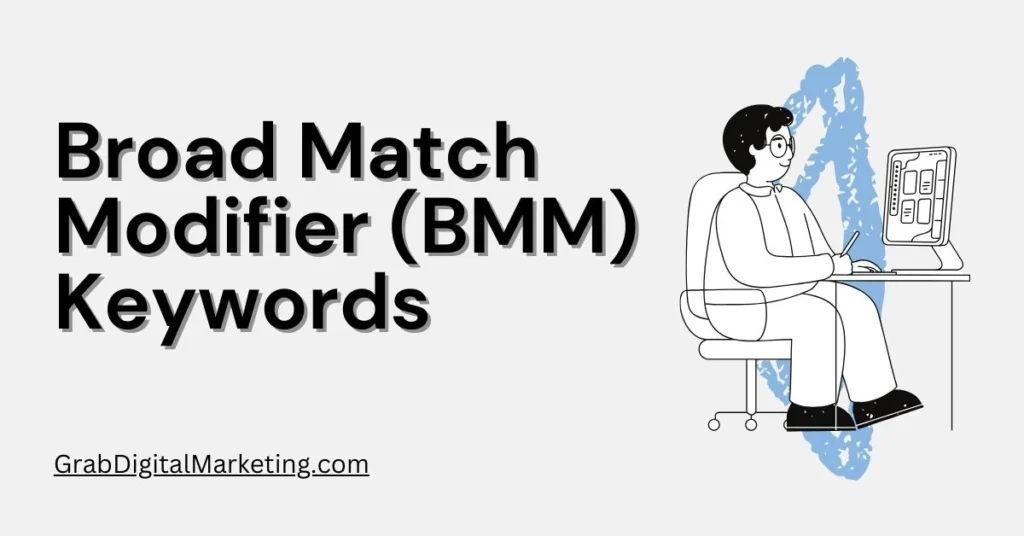
Broad match modifier (BMM) keywords allow you to have more control over which search queries trigger your ads while still maintaining a broad reach. By adding a “+” symbol in front of one or more words in your keyword, you ensure that those specific terms must be included in the user’s search query for your ad to be displayed. This helps to filter out irrelevant searches while still capturing a broad audience.
Advantages:
- More control over which queries trigger your ads
- Balances reach with relevance.
Disadvantages:
- Still less precise than exact match or phrase match keywords
3. Phrase Match Keywords
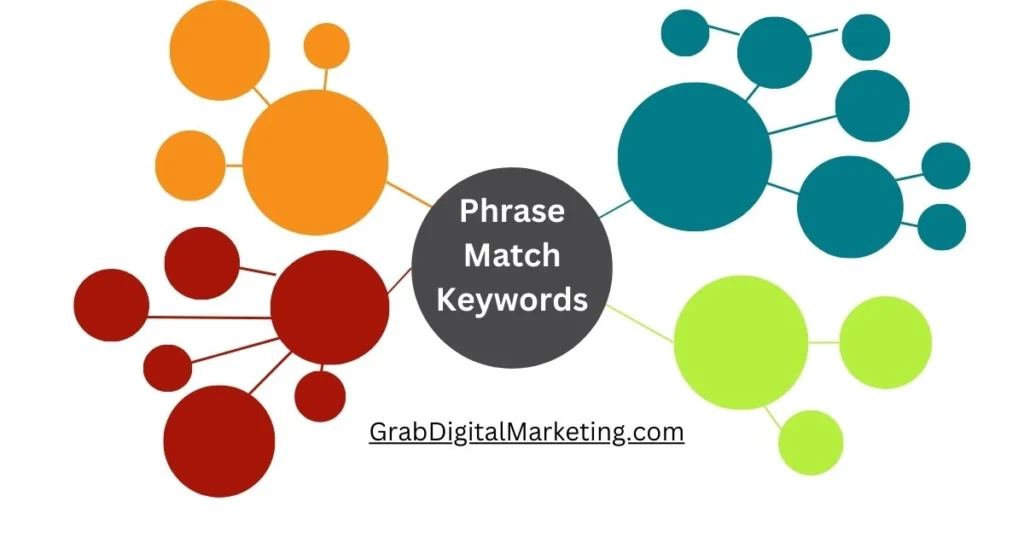
Phrase match keywords offer a more targeted approach compared to broad match and BMM keywords. With phrase match, your ads will only appear for search queries that include the exact phrase or close variations of your keyword. The user’s search query must include the keyword phrase in the same order, although other words can be added before or after the phrase.
Advantages:
- More precise targeting
- Higher relevance and potential for better conversion rates
Disadvantages:
- Reduced reach compared to broad match keywords
- Potential to miss out on some relevant search queries
4. Exact Match Keywords
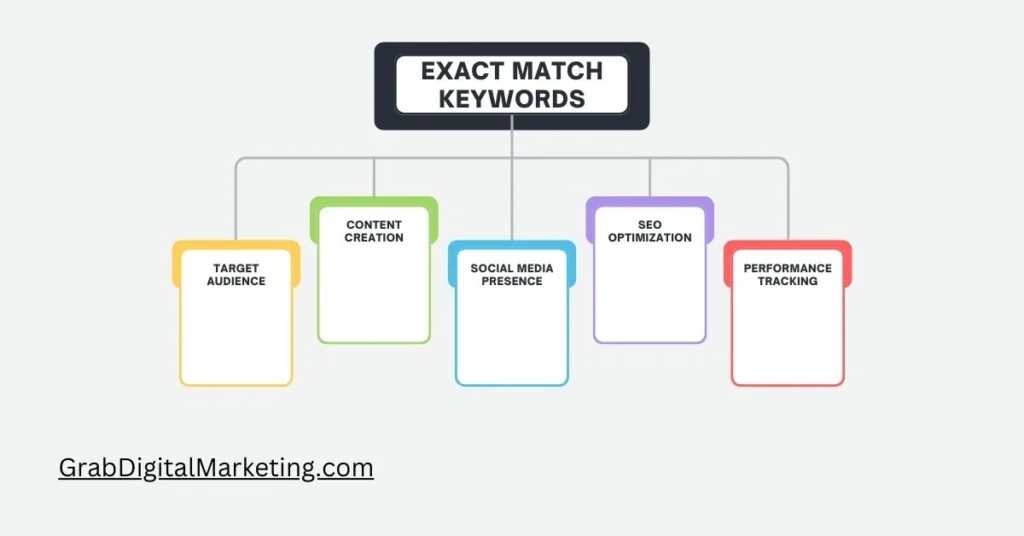
Exact match keywords provide the highest level of precision and control. When you use exact match keywords, your ads will only appear for search queries that match your keyword exactly or are very close variations. This match type ensures that your ads are shown to users who are searching for exactly what you offer.
Advantages:
- Highest level of control and precision
- Increased relevance and higher potential for conversions
Disadvantages:
- Limited reach
- Requires thorough keyword research to ensure all relevant queries are covered
5. Negative Keywords
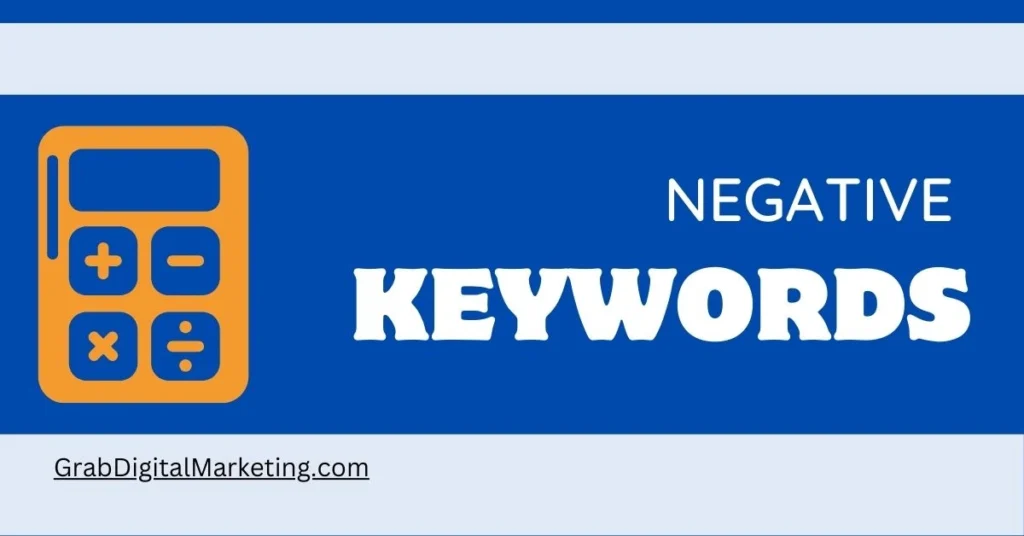
Negative keywords are an essential component of any PPC campaign. By adding negative keywords to your campaign, you can prevent your ads from being displayed for specific search queries that are not relevant to your business. This helps to reduce wasted ad spend and improve the overall performance of your campaign.
Advantages:
- Prevents irrelevant clicks and wasted ad spend
- Improves campaign performance and ROI
Disadvantages:
- Requires ongoing monitoring and management to identify new negative keywords
6. Long-Tail Keywords
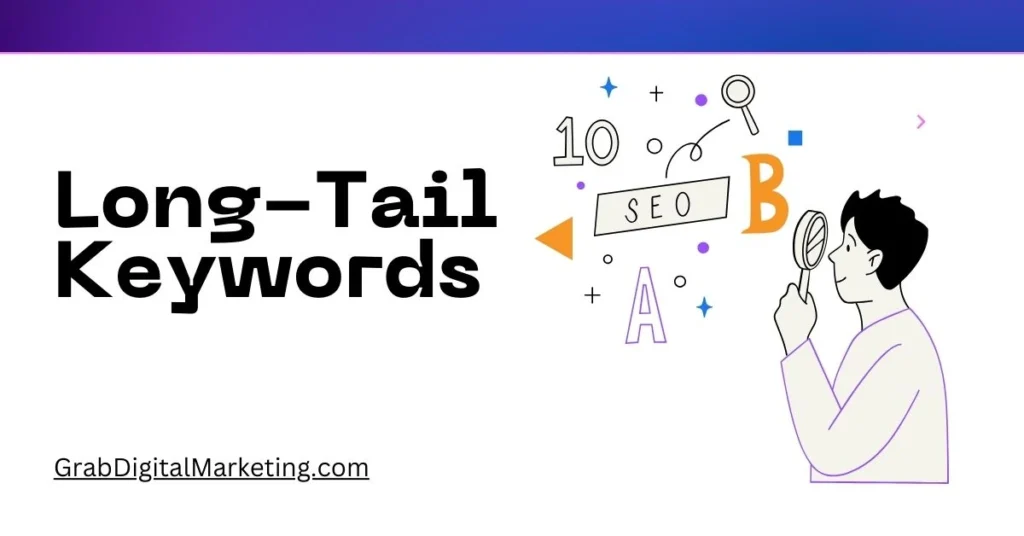
Long-tail keywords are longer, more specific phrases that typically have lower search volume but higher intent. These keywords are often less competitive and can be more cost-effective for advertisers. Long-tail keywords can help you reach a more targeted audience and improve your chances of conversion.
Advantages:
- Lower competition and cost-per-click
- Higher intent and potential for conversions
Disadvantages:
- Lower search volume
- Requires more extensive keyword research
7. Short-Tail Keywords
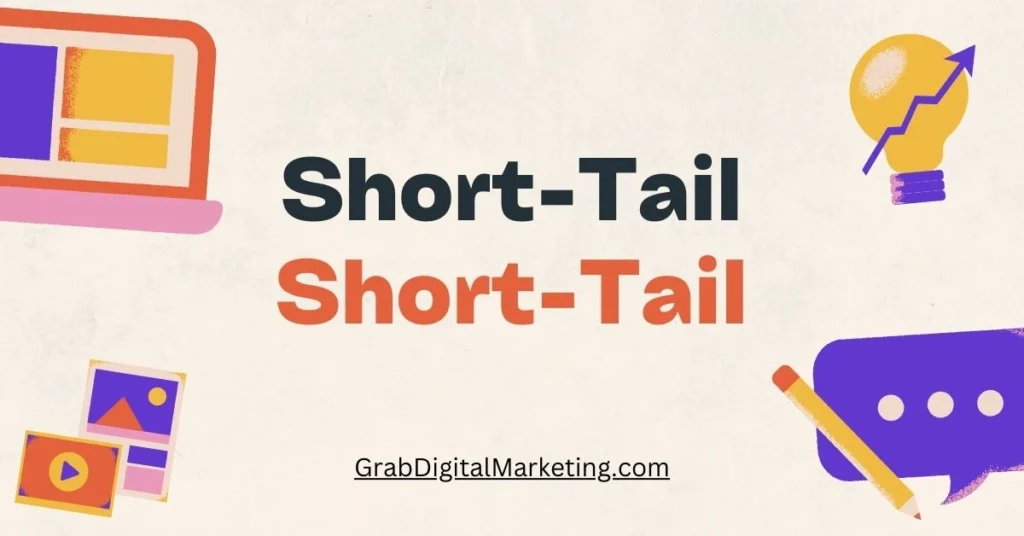
Short-tail keywords, also known as head terms, are shorter, more general search phrases. These keywords usually have higher search volume and competition, making them more expensive to bid on. While short-tail keywords can drive a large amount of traffic, they may also be less targeted and have lower conversion rates.
Advantages:
- High search volume and visibility
- Can drive a significant amount of traffic
Disadvantages:
- High competition and cost
- Lower targeting precision and potential for lower conversion rates
8. Branded Keywords
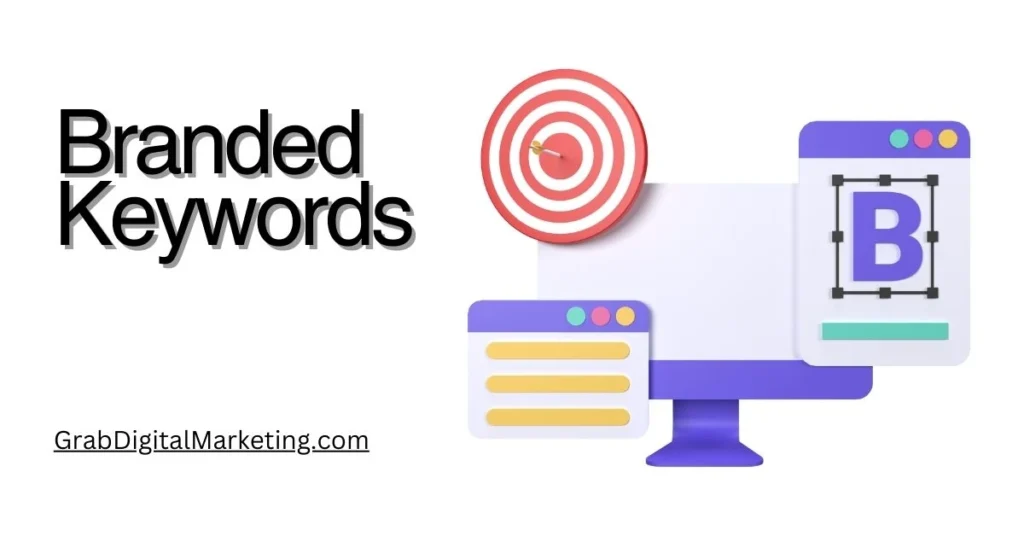
Branded keywords are search terms that include your brand name or variations of it. Bidding on branded keywords can help you protect your brand presence in search results and ensure that users searching for your brand find your ads.
Advantages:
- Protects your brand presence
- Captures high-intent searches from users specifically looking for your brand
Disadvantages:
- Can be targeted by competitors
- Potential for higher costs if competitors are bidding on your branded terms
9. Non-Branded Keywords
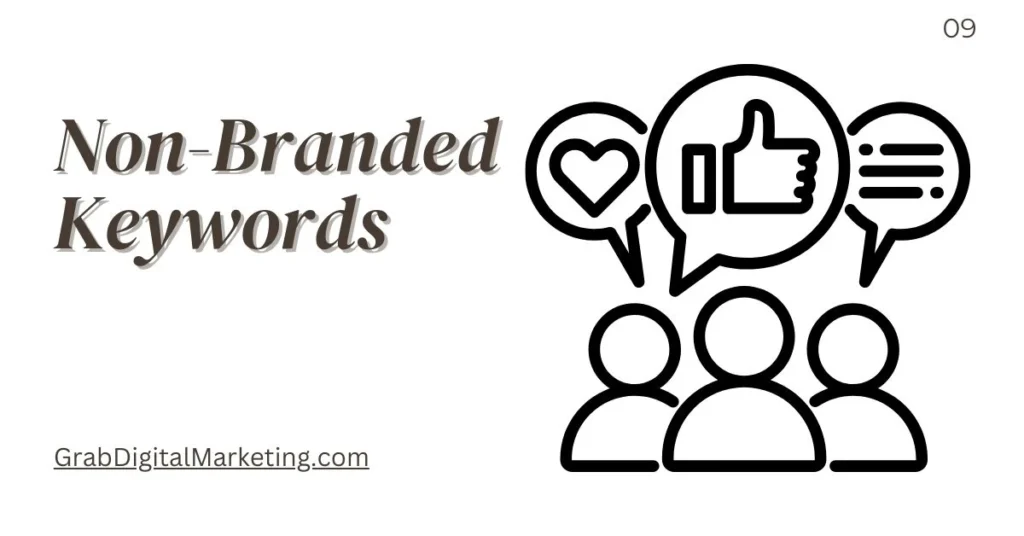
Non-branded keywords are search terms that do not include your brand name. These keywords are used to target users who are searching for products, services, or information related to your industry but may not be familiar with your brand. Non-branded keywords can help you reach a broader audience and attract new customers.
Advantages:
- Reaches a broader audience
- Attracts new customers who may not be familiar with your brand
Disadvantages:
- Higher competition and cost
- Requires more extensive keyword research and management
10. Local Keywords
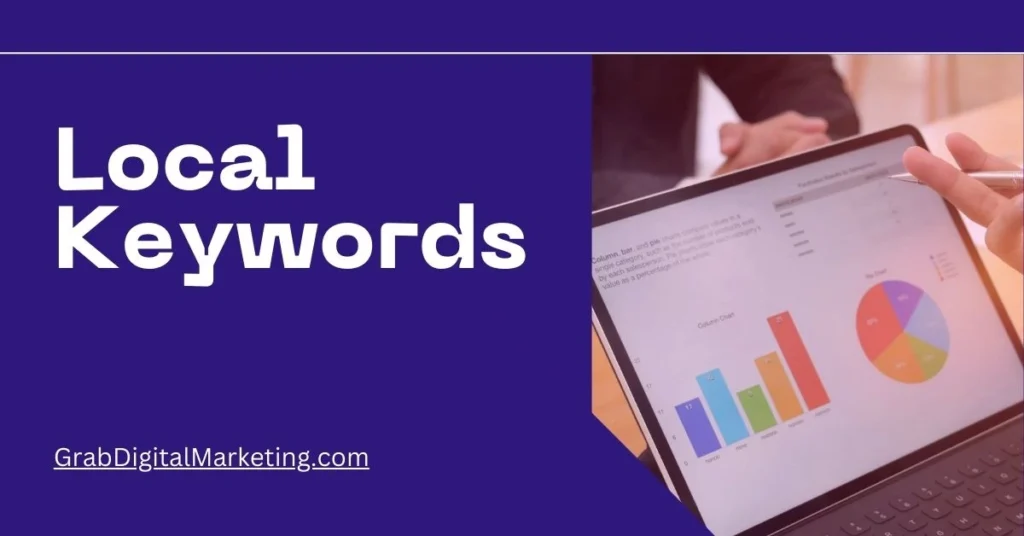
Local keywords are search terms that include location-specific information, such as city names, neighborhoods, or landmarks. These keywords are particularly useful for businesses with a physical presence or those targeting a specific geographic area. By using local keywords, you can ensure that your ads are shown to users in your target location.
Advantages:
- Targets users in specific geographic areas
- Can improve foot traffic and local business visibility
Disadvantages:
- Limited reach outside the target location
- Requires accurate and up-to-date location data
11. Competitor Keywords
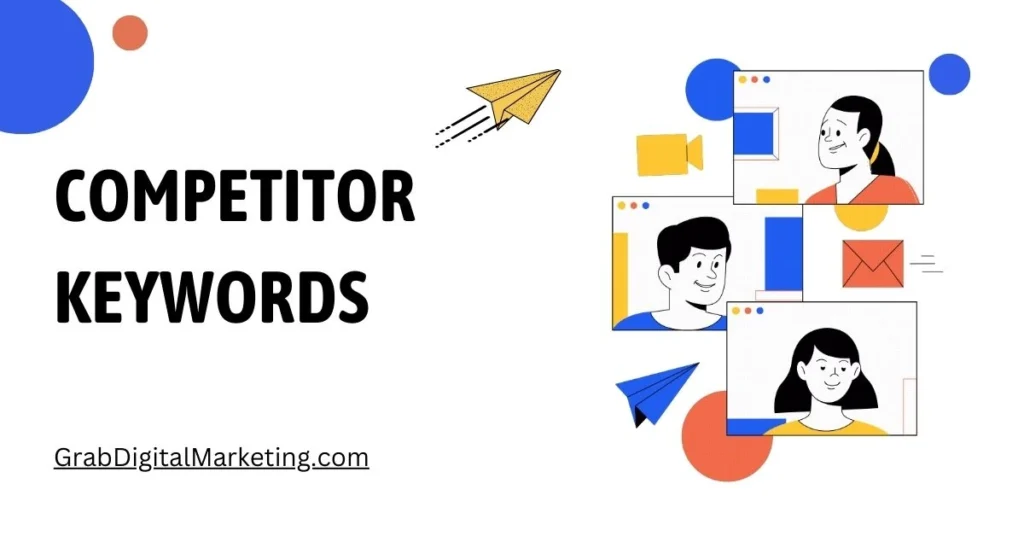
Competitor keywords are search terms that include the names of your competitors or their products and services. Bidding on competitor keywords can help you attract users who are researching or considering your competitors. However, this strategy can be more competitive and potentially more expensive.
Advantages:
- Attracts users researching competitors
- Can provide opportunities to showcase your unique selling points
Disadvantages:
- Higher competition and cost
- Potential for lower relevance and conversion rates
12. Seasonal Keywords
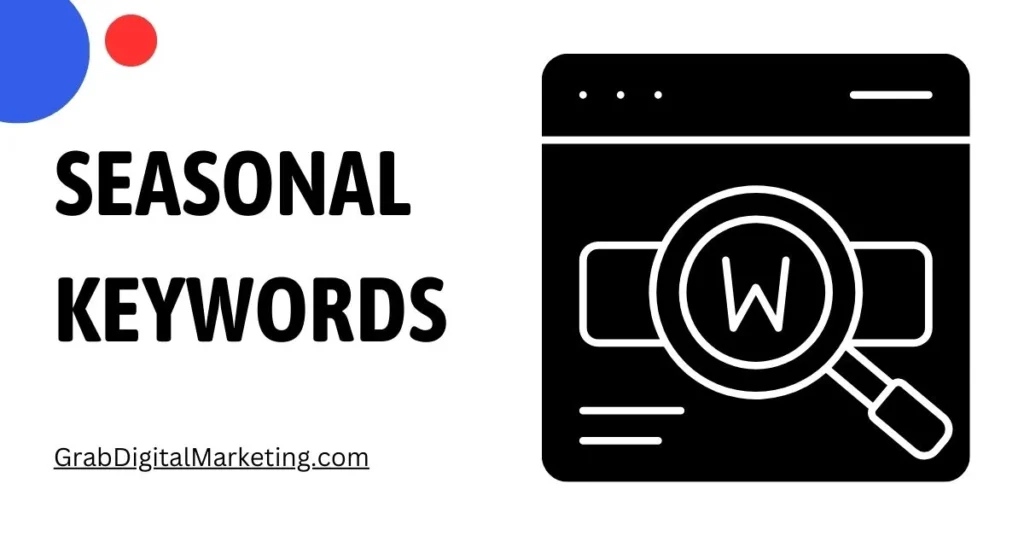
Seasonal keywords are search terms that are relevant during specific times of the year, such as holidays, events, or seasonal trends. By incorporating seasonal keywords into your PPC campaigns, you can capitalize on increased search interest and drive traffic during peak periods.
Advantages:
- Capitalizes on increased search interest during peak periods
- Can drive higher traffic and conversions during specific times of the year
Disadvantages:
- Limited relevance outside peak periods
- Requires ongoing monitoring and adjustments to align with seasonal trends
Conclusion
Selecting the right mix of keywords is crucial for the success of your PPC campaigns. By understanding the different types of keywords and their advantages and disadvantages, you can create a more effective and targeted strategy. Remember to continuously monitor and optimize your keyword performance to ensure that your ads are reaching the right audience and driving the desired results. With the right approach, keywords can be a powerful tool in your PPC arsenal, helping you achieve your advertising goals and grow your business.

